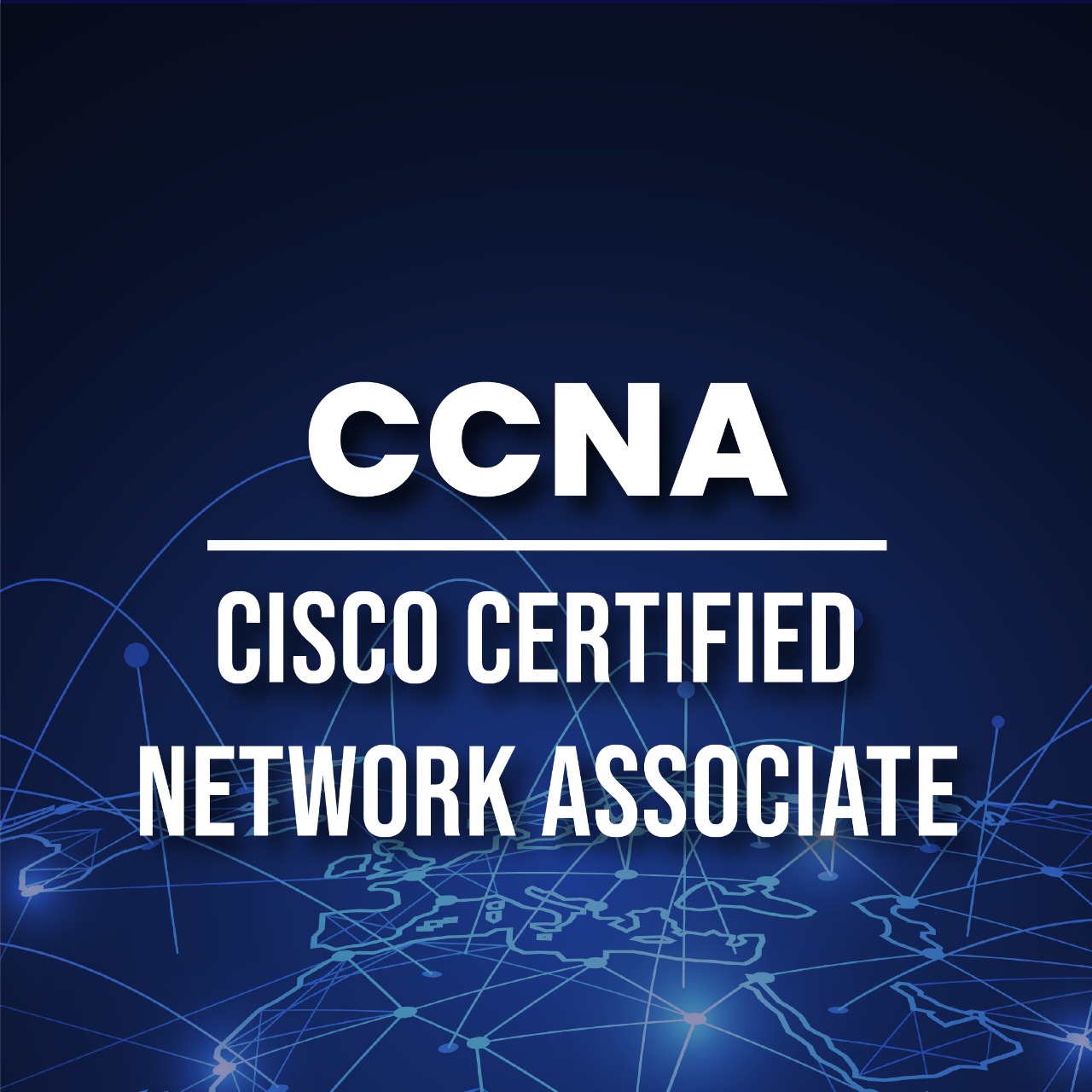Do I need to take CCNA before Ethical Hacking?
Many people want to be ethical hackers. They often wonder if getting a Cisco Certified Network Associate (CCNA) certification is a must. Networking skills and ethical hacking skills go together. This has started a discussion about needing CCNA first.
This article looks at how CCNA and ethical hacking connect. It covers why networking knowledge matters. It also explores the benefits of starting with CCNA. Plus, it explains how to learn ethical hacking without it. Let's explore this debate. We will find the best way for new ethical hackers to learn.
Table of Contents
- How Networking Helps Ethical Hacking
- Why CCNA Benefits Ethical Hackers
- Other Ways to Become an Ethical Hacker
- Real-World Examples: Case Studies
- What Experts Say and Advise
- Conclusion
The Role of Networking in Ethical Hacking
Understanding networks is vital for ethical hacking. This knowledge helps penetration testers find and fix security flaws. Ethical hackers need to understand how computer systems work. They must know how data moves. They must see how systems connect. This helps them find weak spots. Knowing about network rules, dividing networks, and network layouts gives them the skills. These skills let them check and improve digital systems. While some debate if a CCNA certificate is needed, most agree network knowledge is key. Whether you learn through a course or on your own, good network skills help ethical hackers. They can test systems better. They can act like real attackers. This helps build stronger digital defences. As ethical hacking changes, network knowledge stays important. It is needed to be great at cybersecurity.
Advantages of CCNA for Ethical Hackers
Getting a Cisco Certified Network Associate (CCNA) certificate offers clear benefits. Ethical hackers can gain a strong base in networking. The CCNA course teaches important topics. It covers how to route and switch data. It also teaches about network security. Ethical hackers with CCNA know how systems are built. This lets them find weaknesses more easily. The CCNA program includes hands-on work. This gives people practical skills. These skills are needed to copy and stop security attacks. Also, a CCNA certificate builds trust. It shows others you have good skills. It shows you work hard to learn network security. CCNA knowledge helps you understand how attackers might break in. It also helps you build good defences. A CCNA is not required, but it helps a lot. It makes ethical hackers more skilled. It is respected in the field. It provides useful experience. This improves how well ethical hackers do their job.
Alternative Paths to Ethical Hacking
Aspiring ethical hackers have more options than just the CCNA certification. Many ways exist to learn. Self-taught people can use online tools. These include courses, practice labs, and real tasks. They can gain skills without formal papers. Other certifications like CompTIA Security+ or CEH focus on ethical hacking. They offer focused training. Practical work is also key. Internships, bug bounty programs, and group projects build expertise. Some people earn degrees in cybersecurity. This gives a wider education. The best approach is flexible. It should fit your strengths. This helps you become an expert.
Real-world Applications: Case Studies
Real-world examples show how networking knowledge helps ethical hackers. They prove that understanding networks is important. A Cisco Certified Network Associate (CCNA) background is often useful. Imagine a tester finding network weaknesses. CCNA skills help them study the network design. They can spot problems with routing or security setups. Other examples show success without a CCNA. This highlights different skills. These cases teach valuable lessons. They show how networking knowledge is used in ethical hacking. Studying them reveals different ways to approach cybersecurity. This gives new hackers ideas.
Industry Perspectives and Recommendations
Industry views on the value of CCNA for ethical hacking differ. Some experts believe networking knowledge from CCNA is essential. They say it helps ethical hackers understand and protect networks better. Others feel CCNA is helpful but not strictly necessary. They suggest practical skills and varied training are more important. Staying current with security threats is key. New ethical hackers should look at their career goals. They should also consider their specific area of focus. Then, they can choose their learning path. A firm agreement on CCNA's role is not yet reached. Aspiring ethical hackers must consider all viewpoints. They should make choices that fit their ambitions and industry needs.
Conclusion
Deciding if a Cisco Certified Network Associate (CCNA) certification is required before ethical hacking is not a simple yes or no. It depends on your career aims and what the industry thinks. Networking skills are essential for ethical hacking. They build a strong base for understanding computer systems. The CCNA offers a lot of networking knowledge. It also provides practical skills. This makes it very helpful for ethical hackers.
However, there are other ways to learn. You can study on your own. You can get different certifications. Real work experience also counts. Case studies show how important networking is. Industry experts have different views on the CCNA.
If you want to be an ethical hacker, think about your goals. Look at the pros and cons of each learning path. The cybersecurity field changes quickly. You need to keep up. A broad set of skills and experiences is key. This approach will help you succeed in ethical hacking.



Comments
Post a Comment